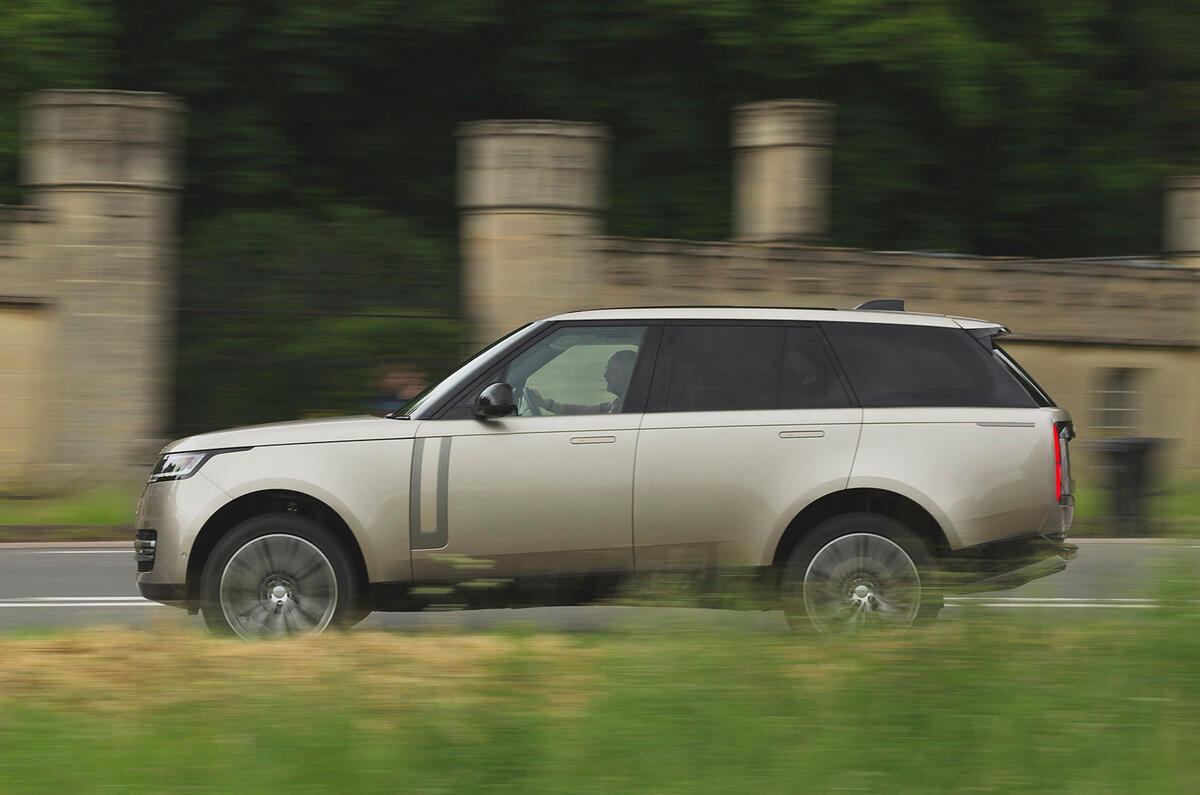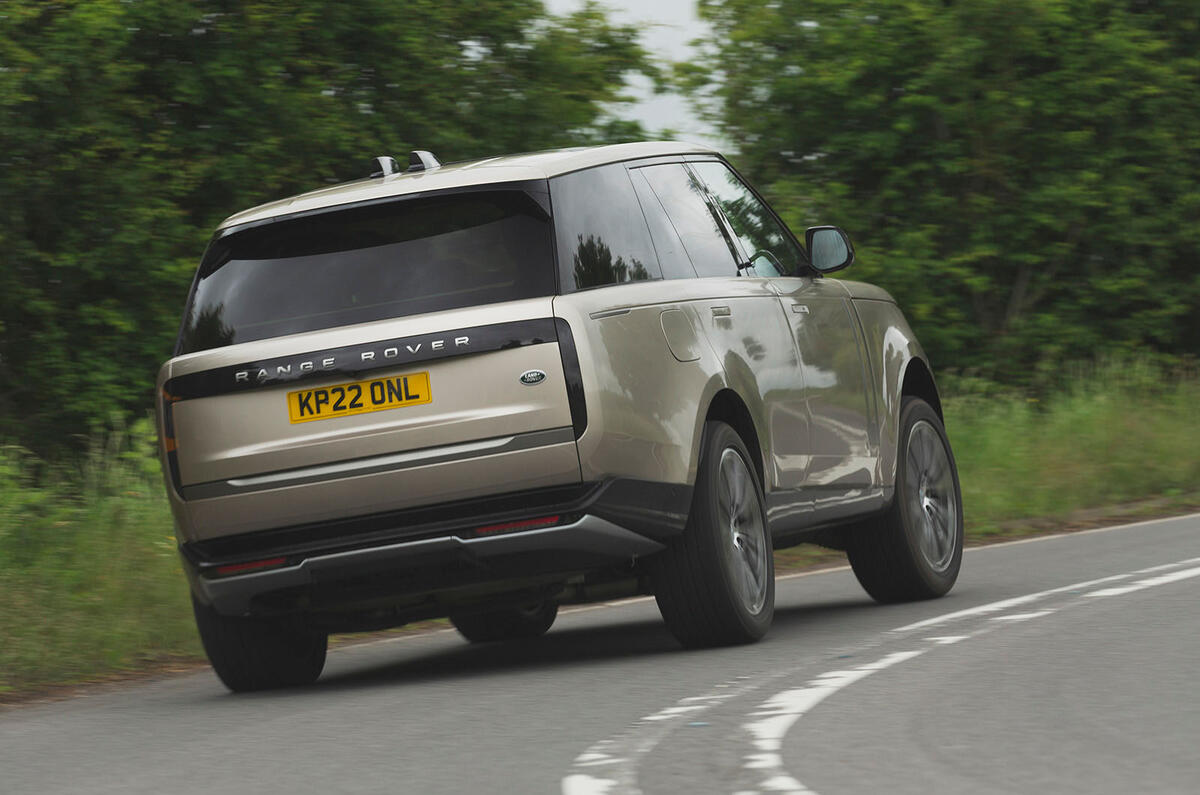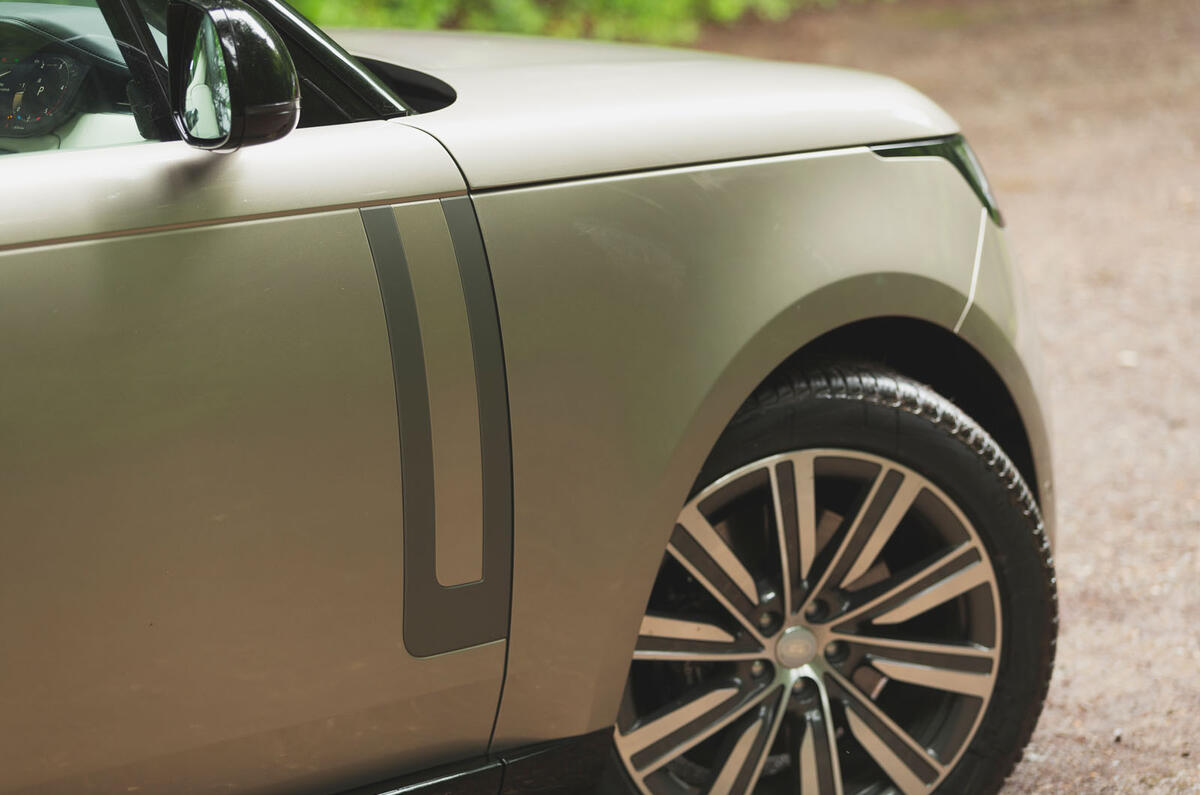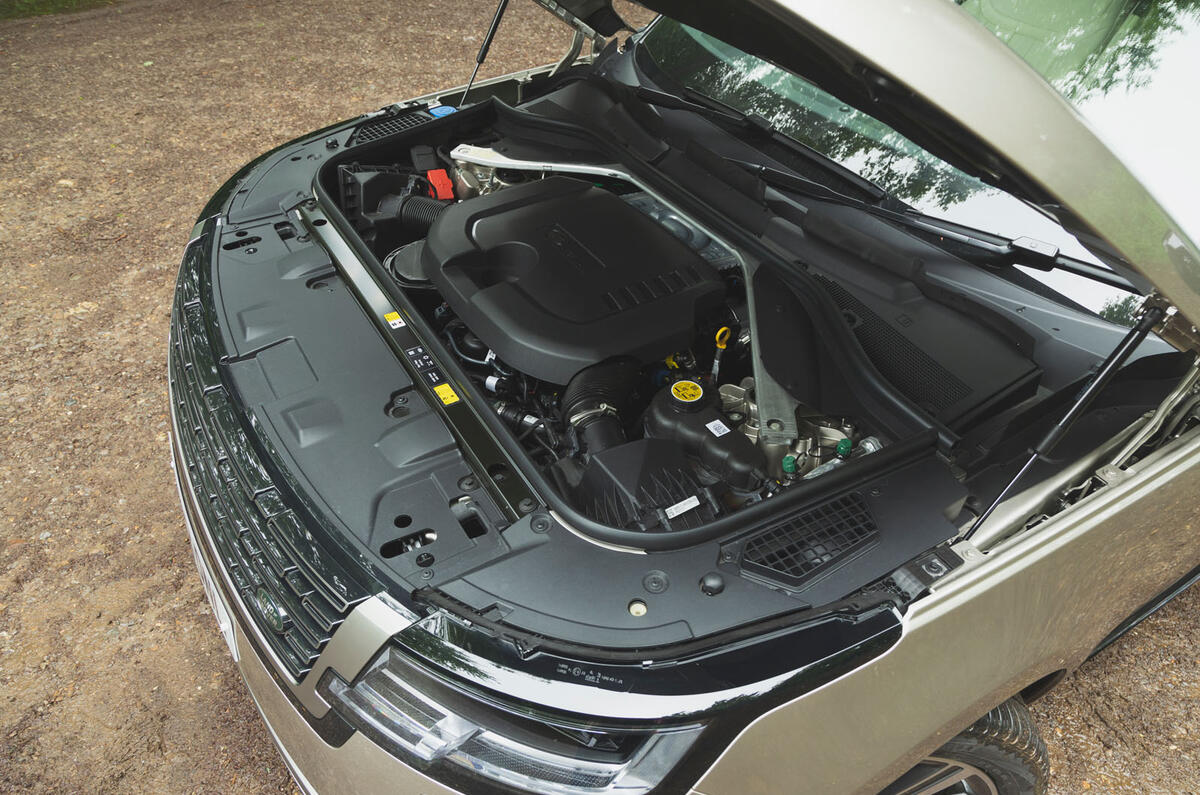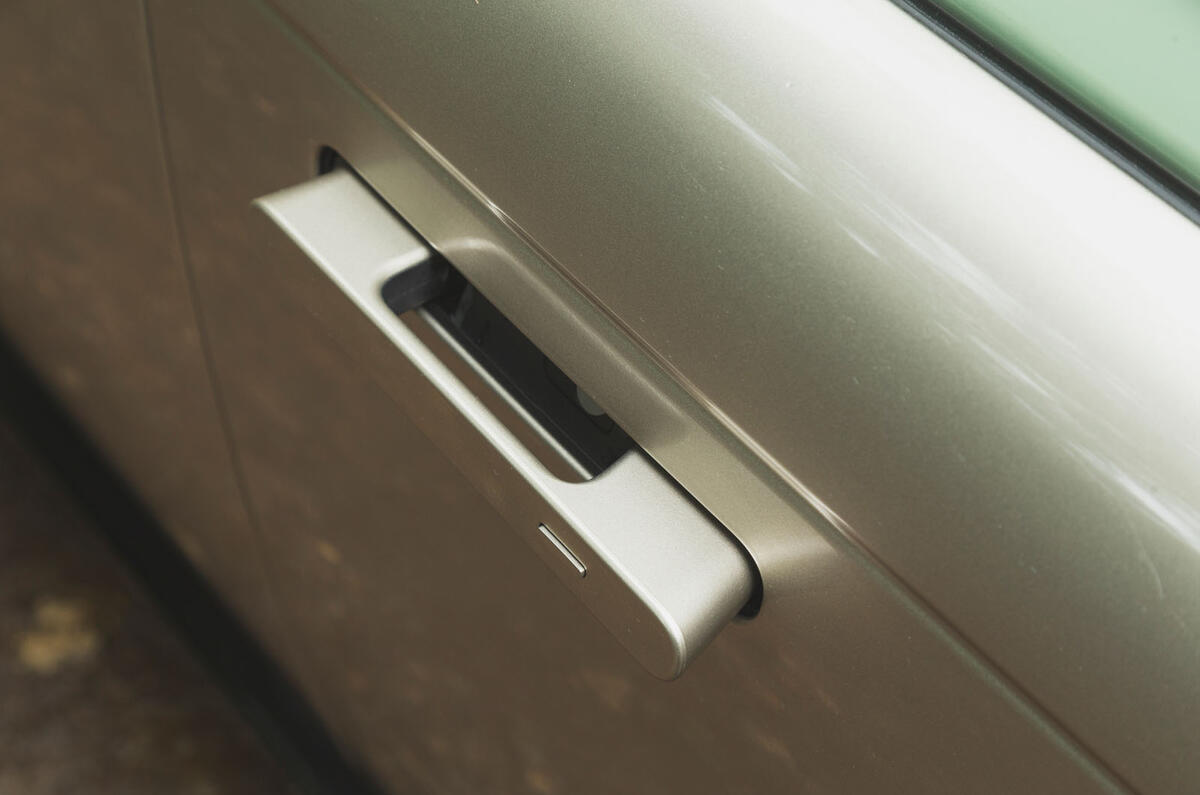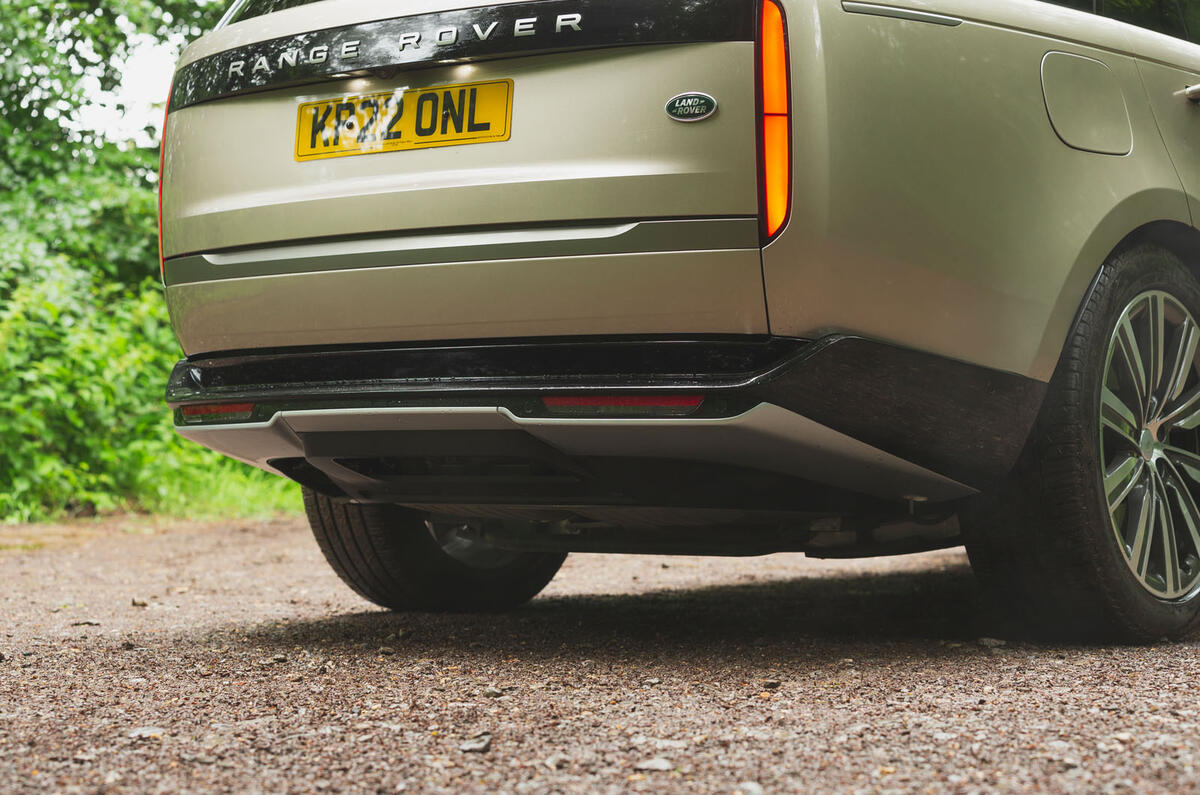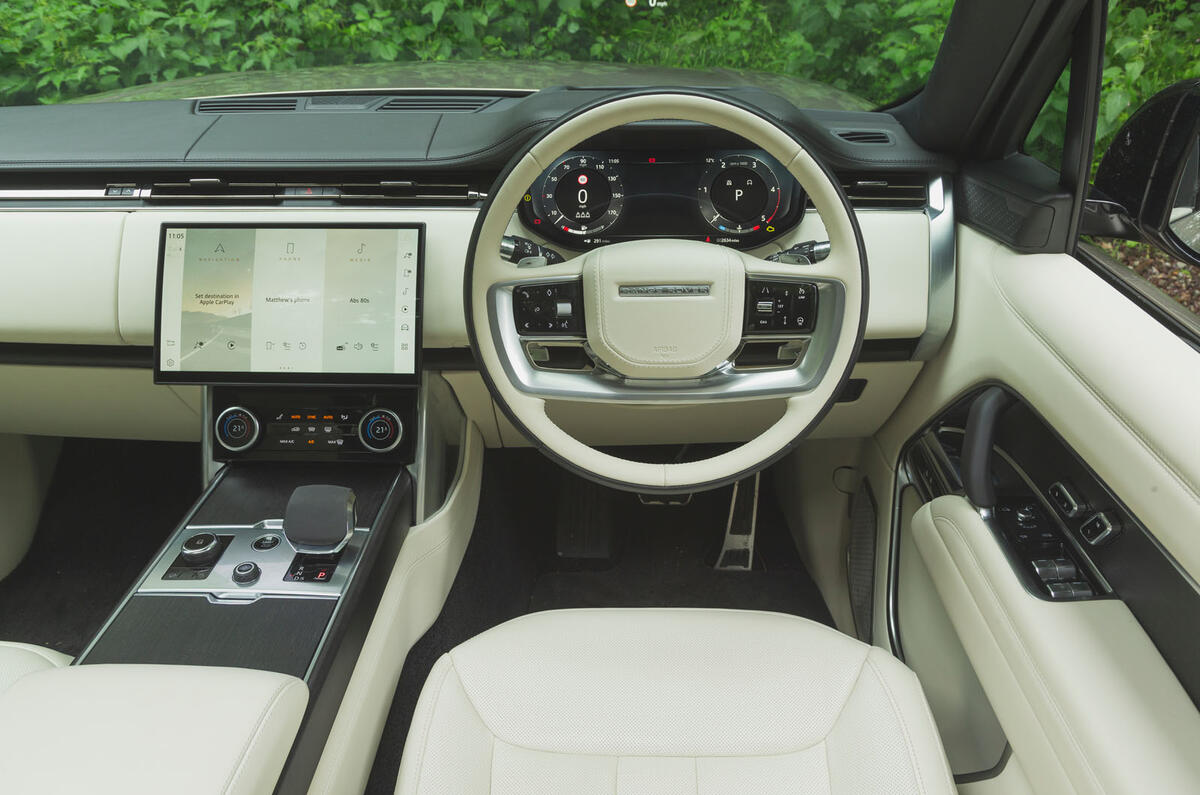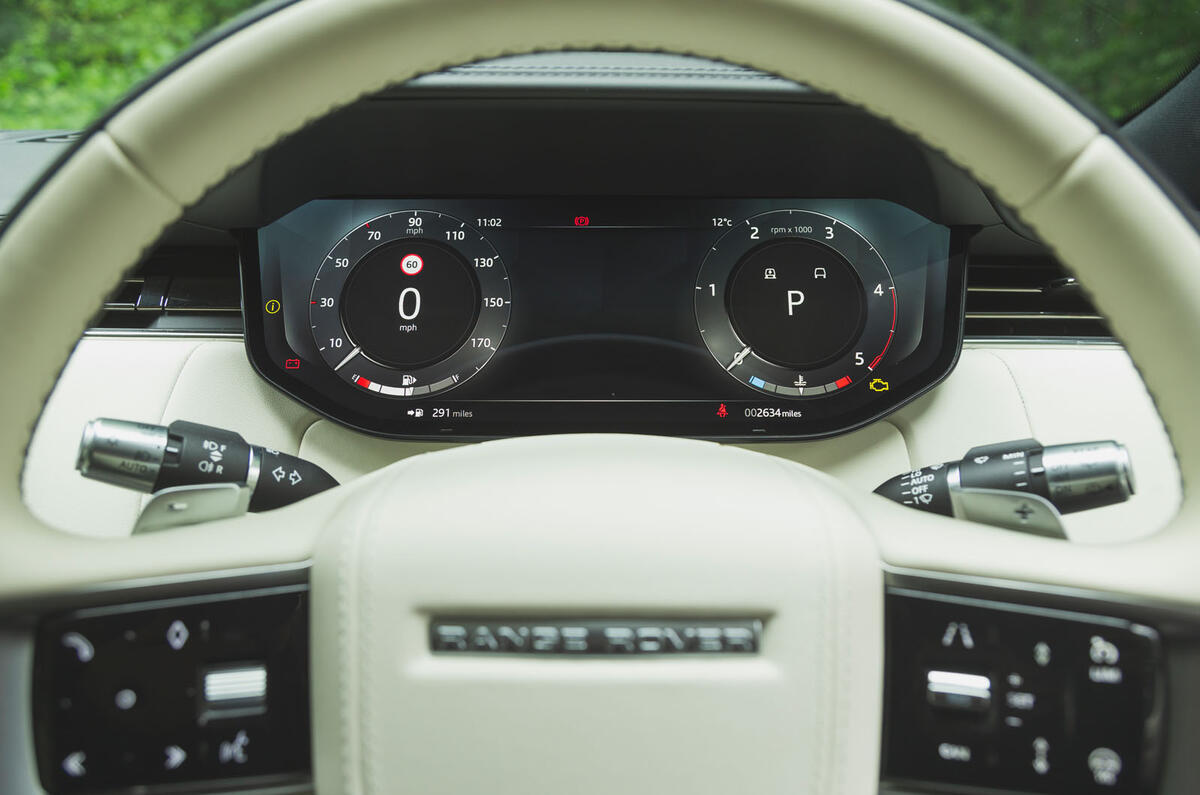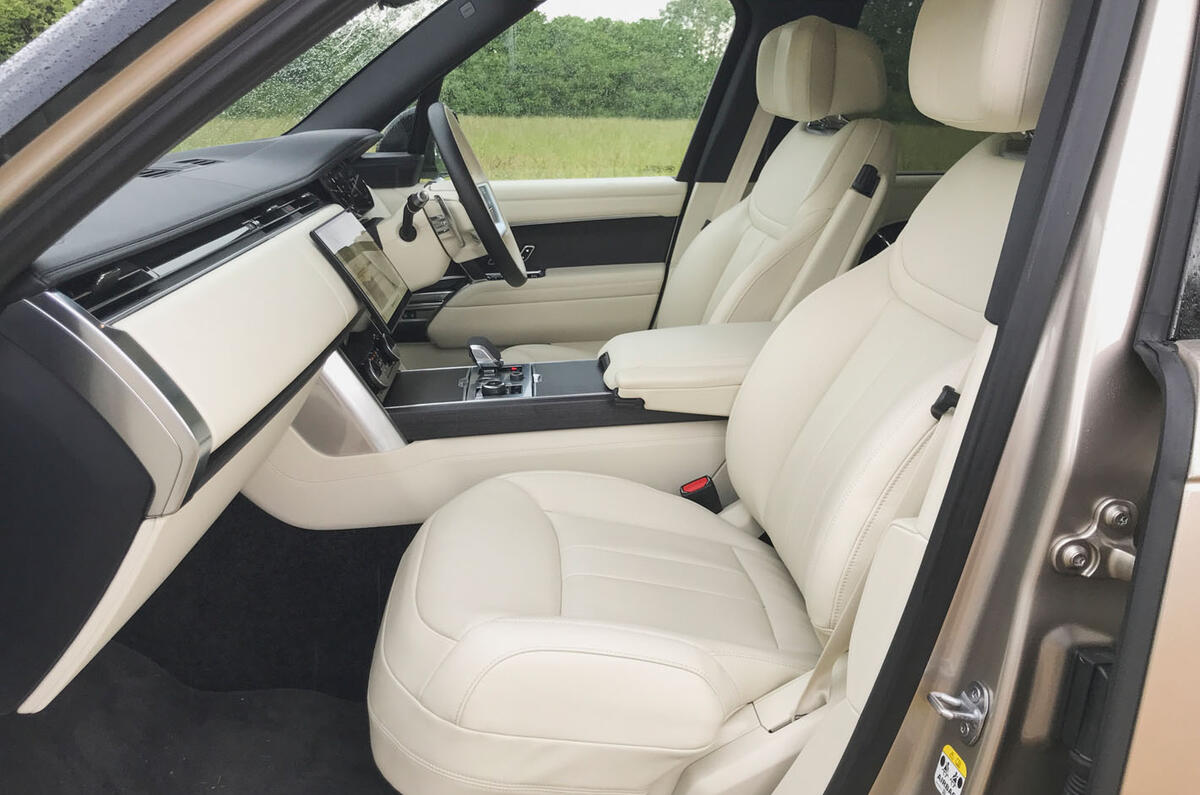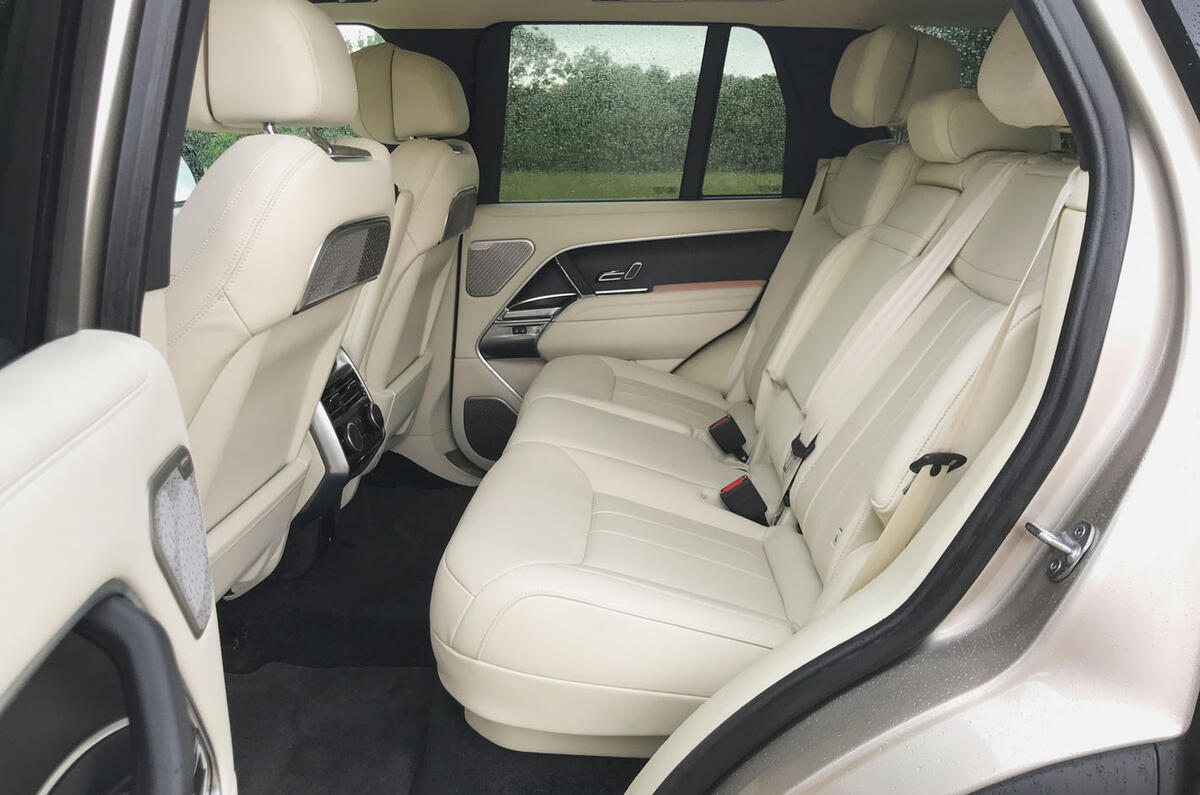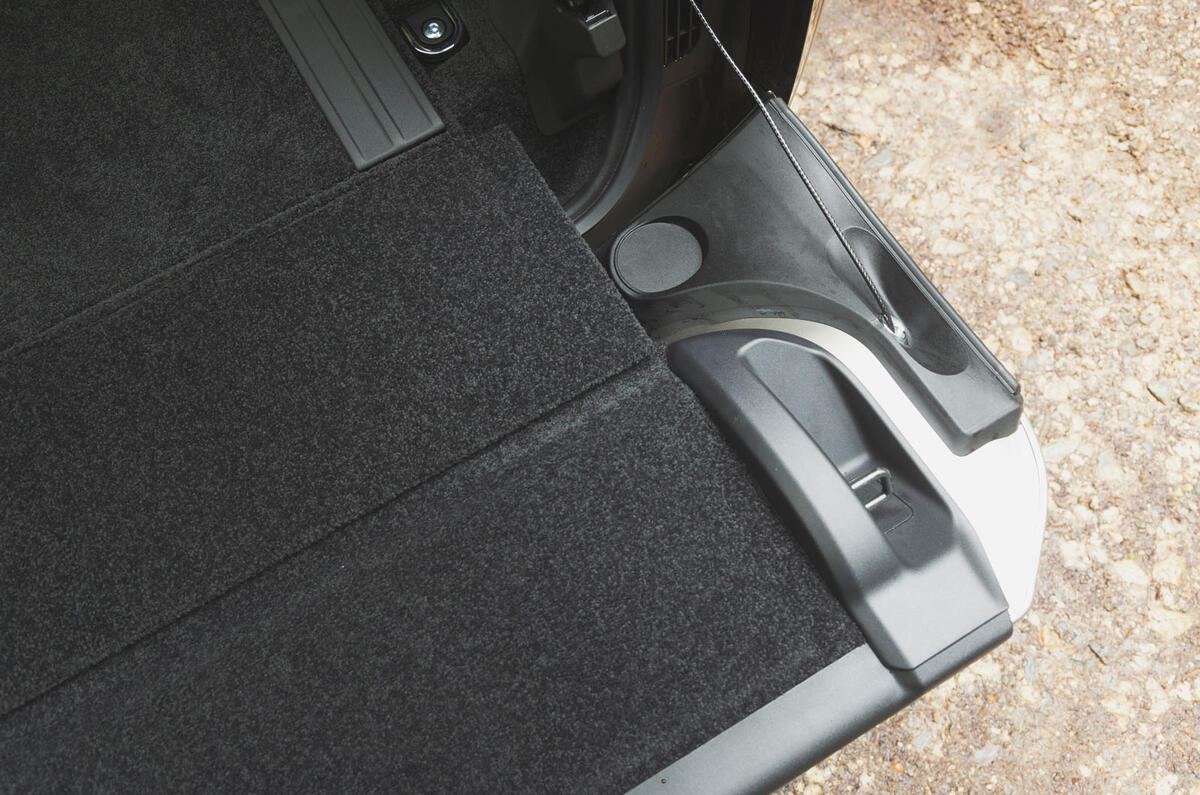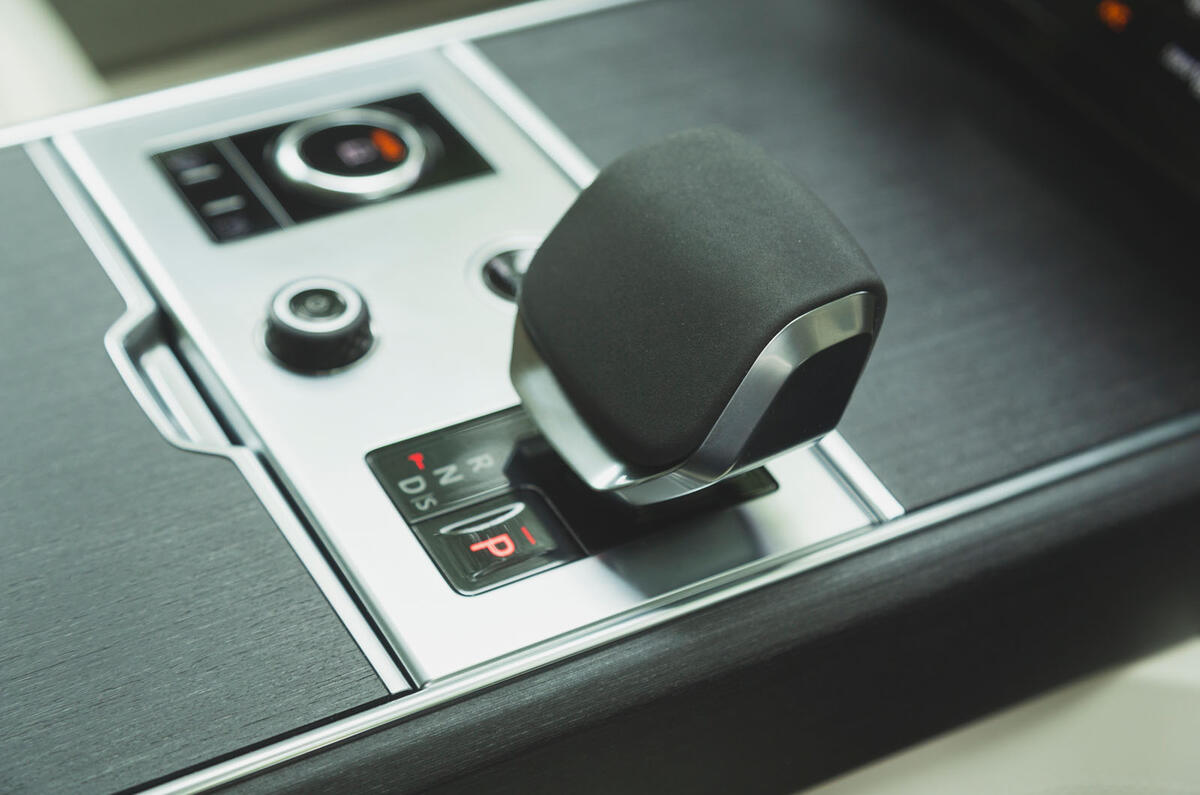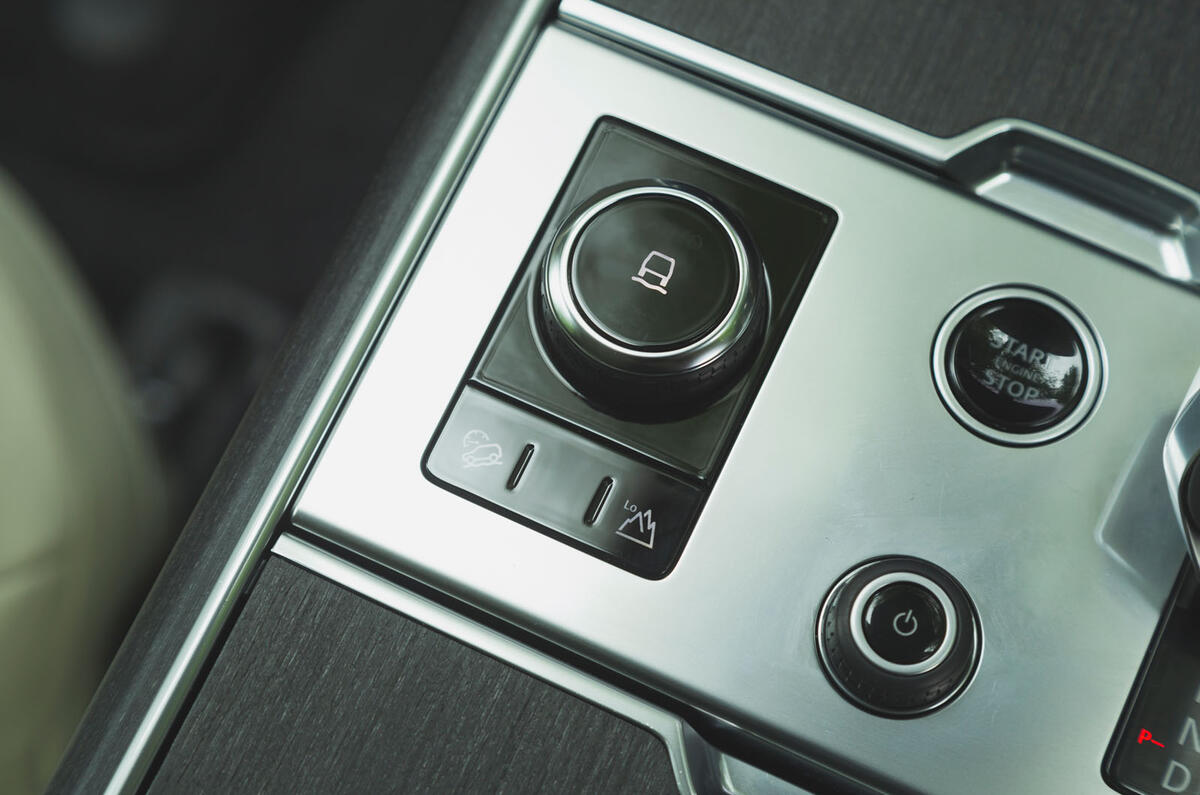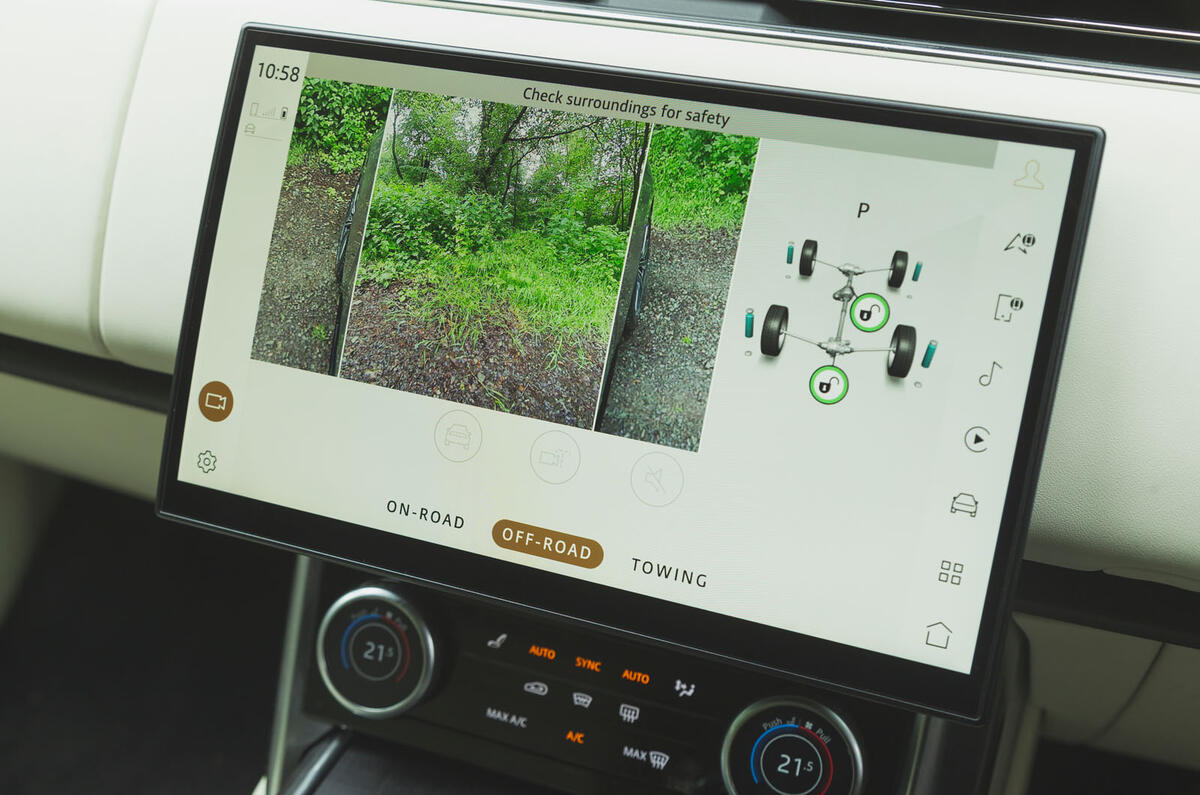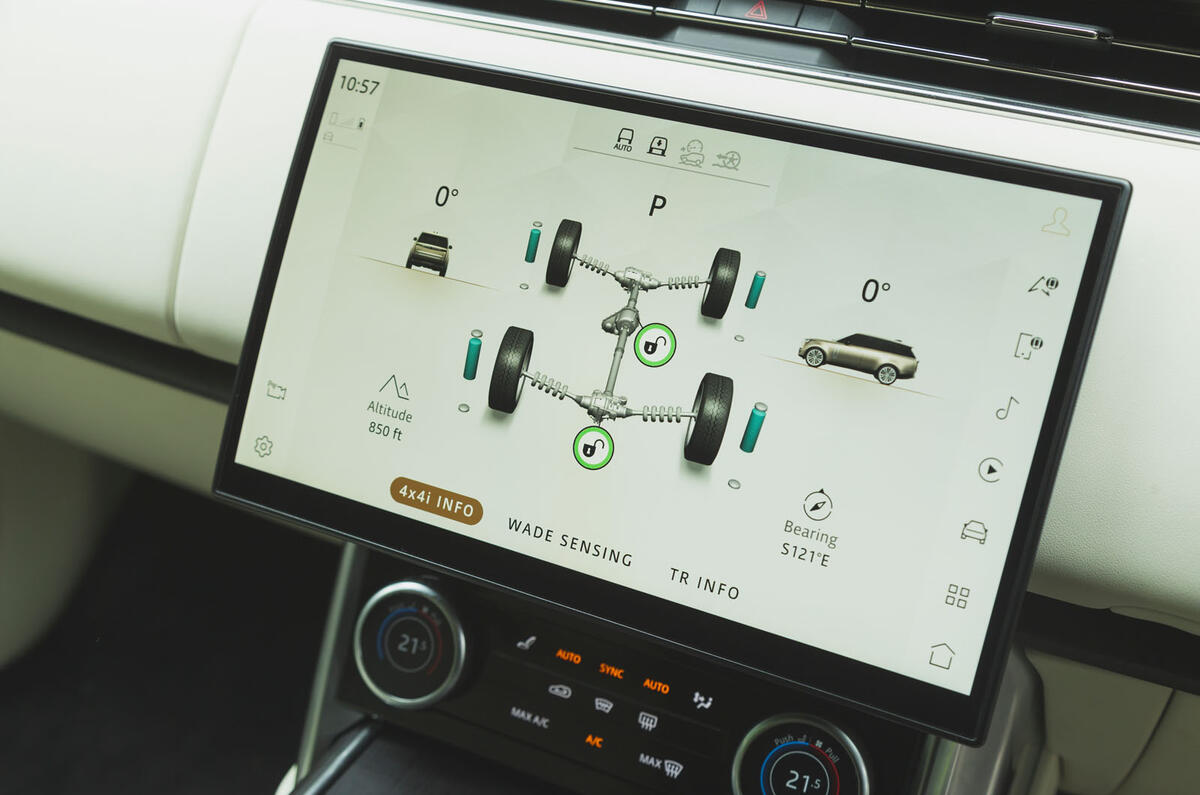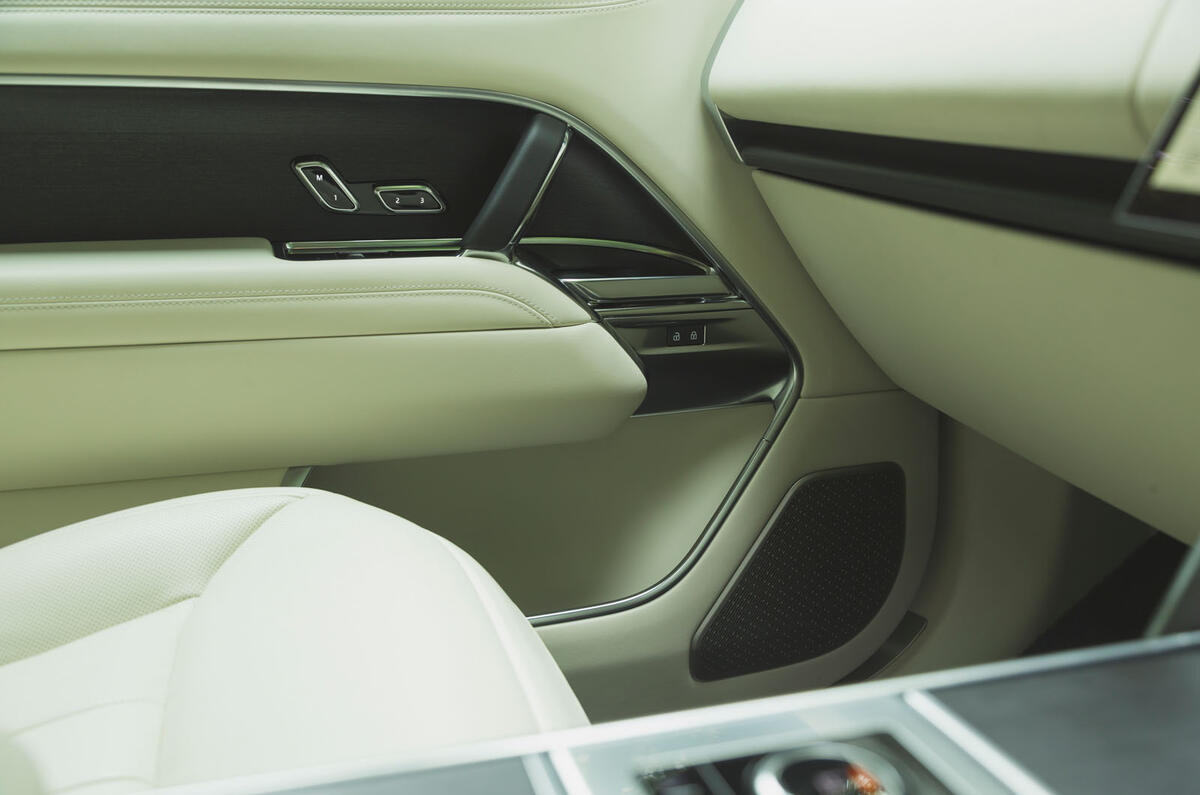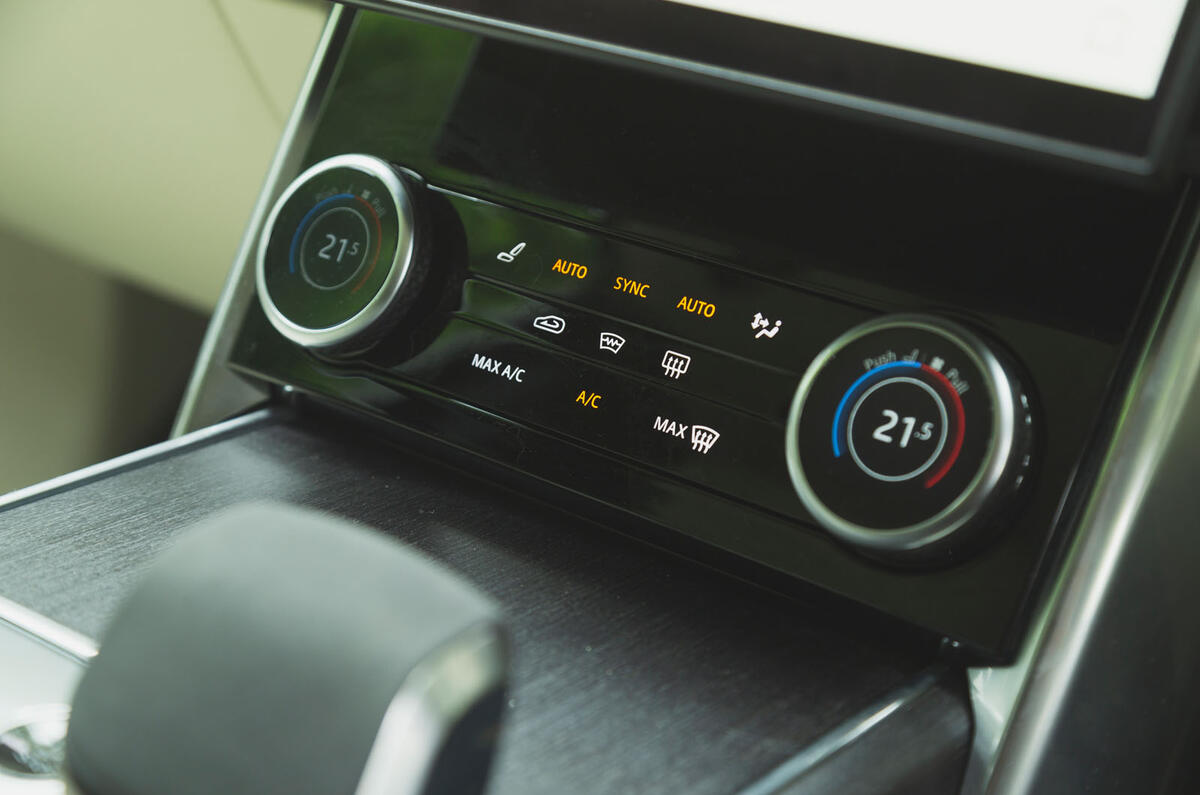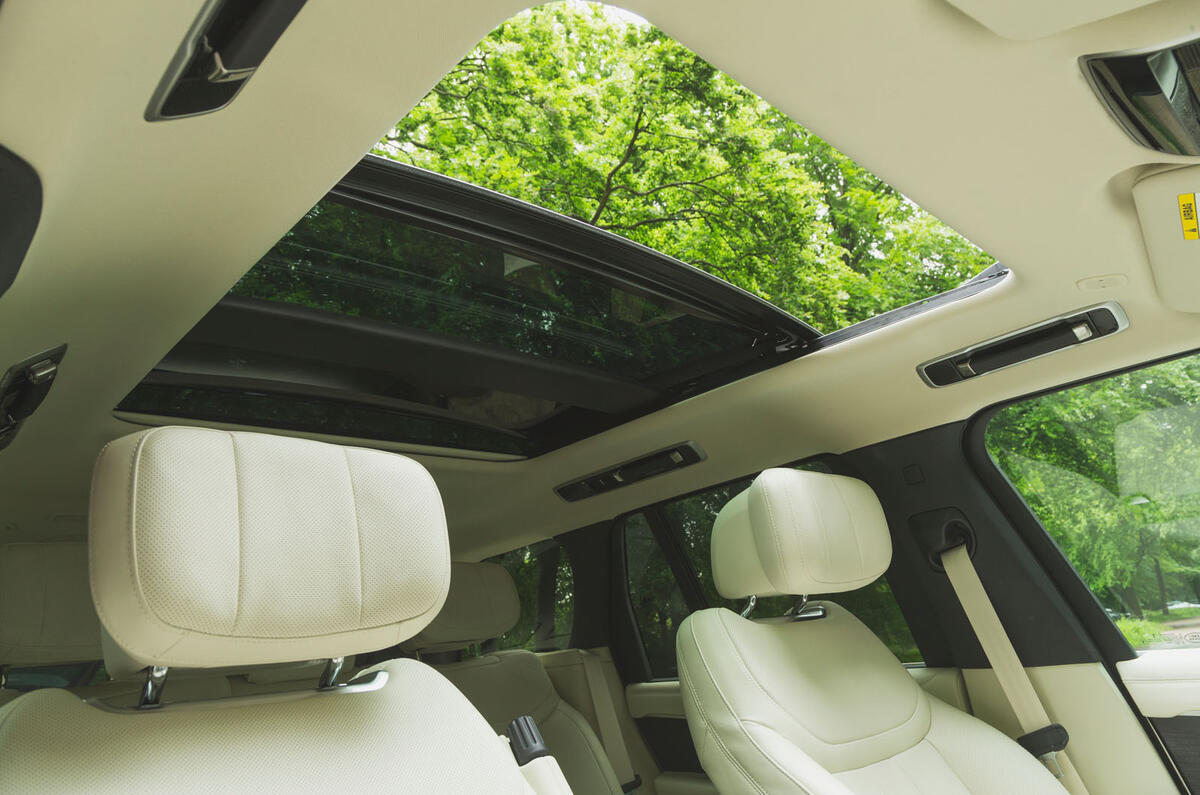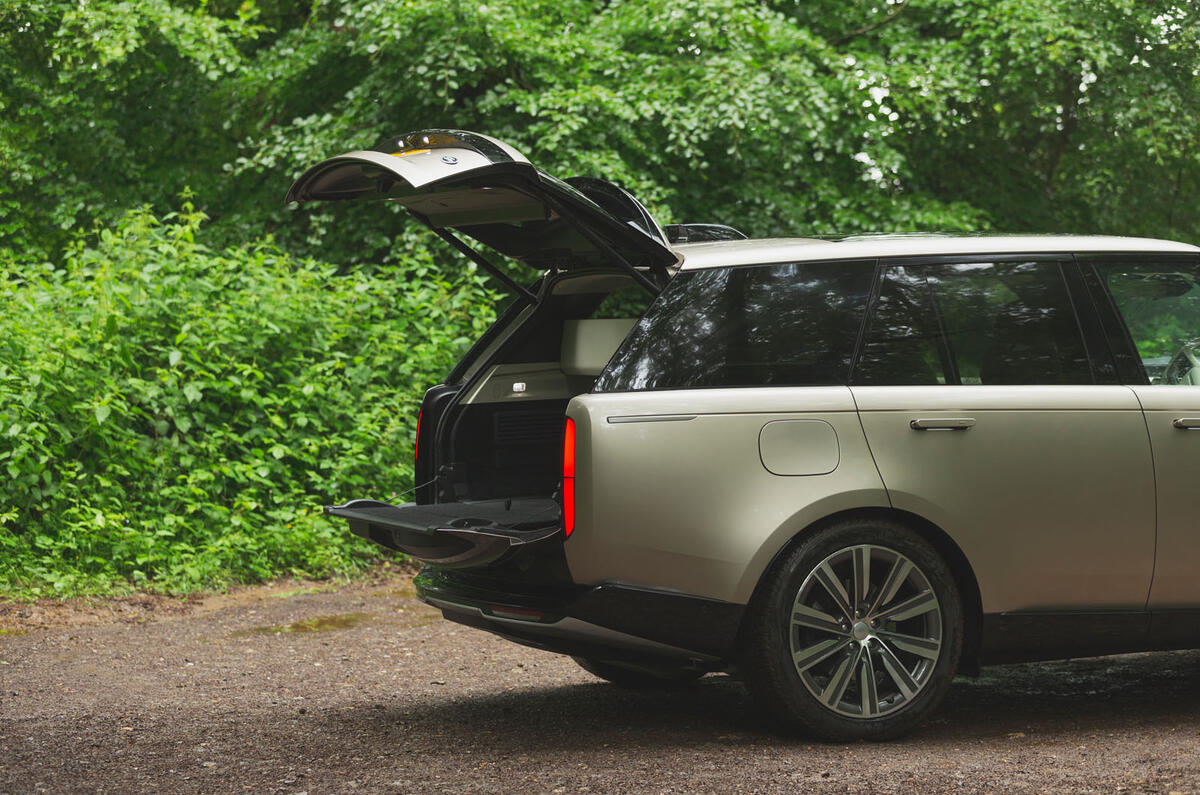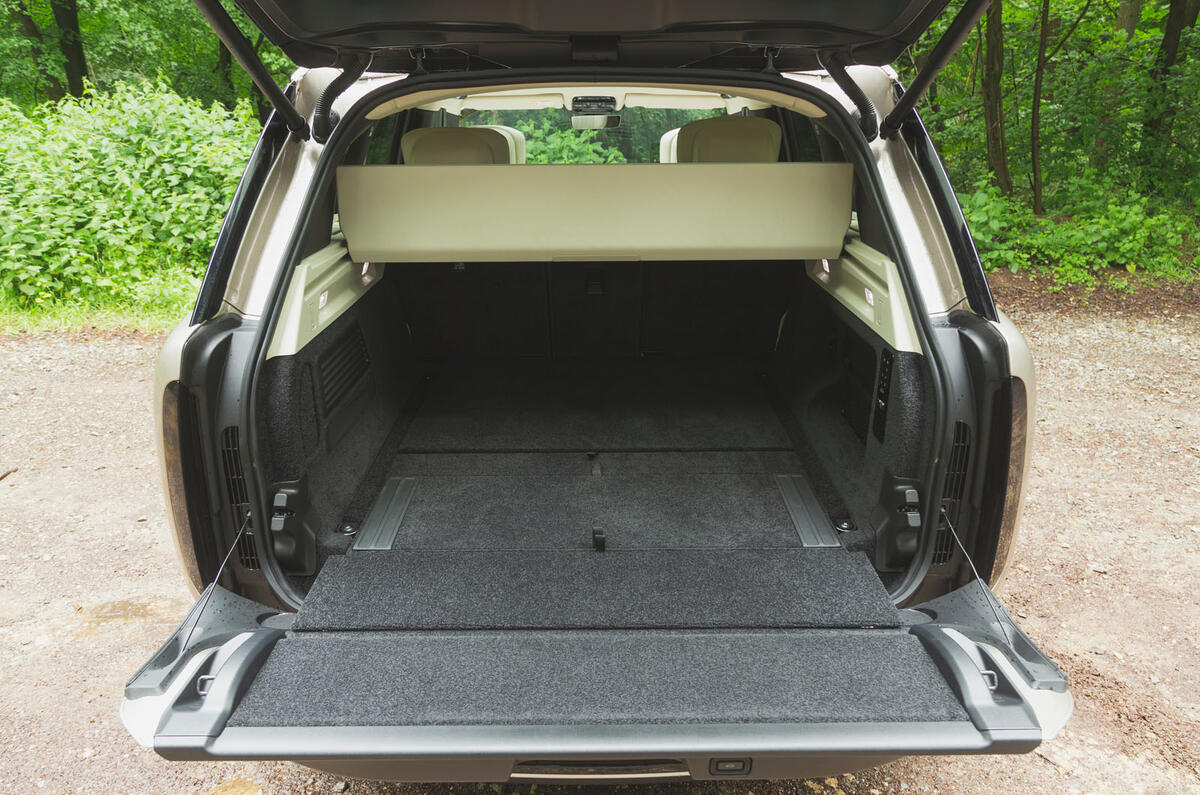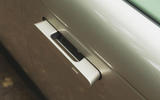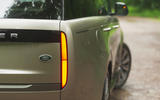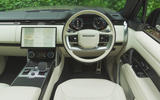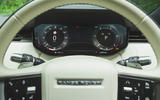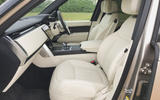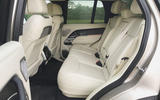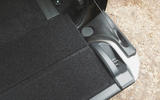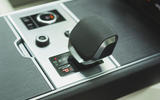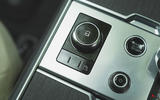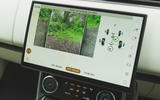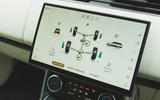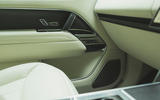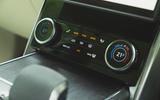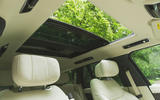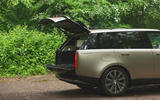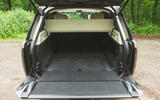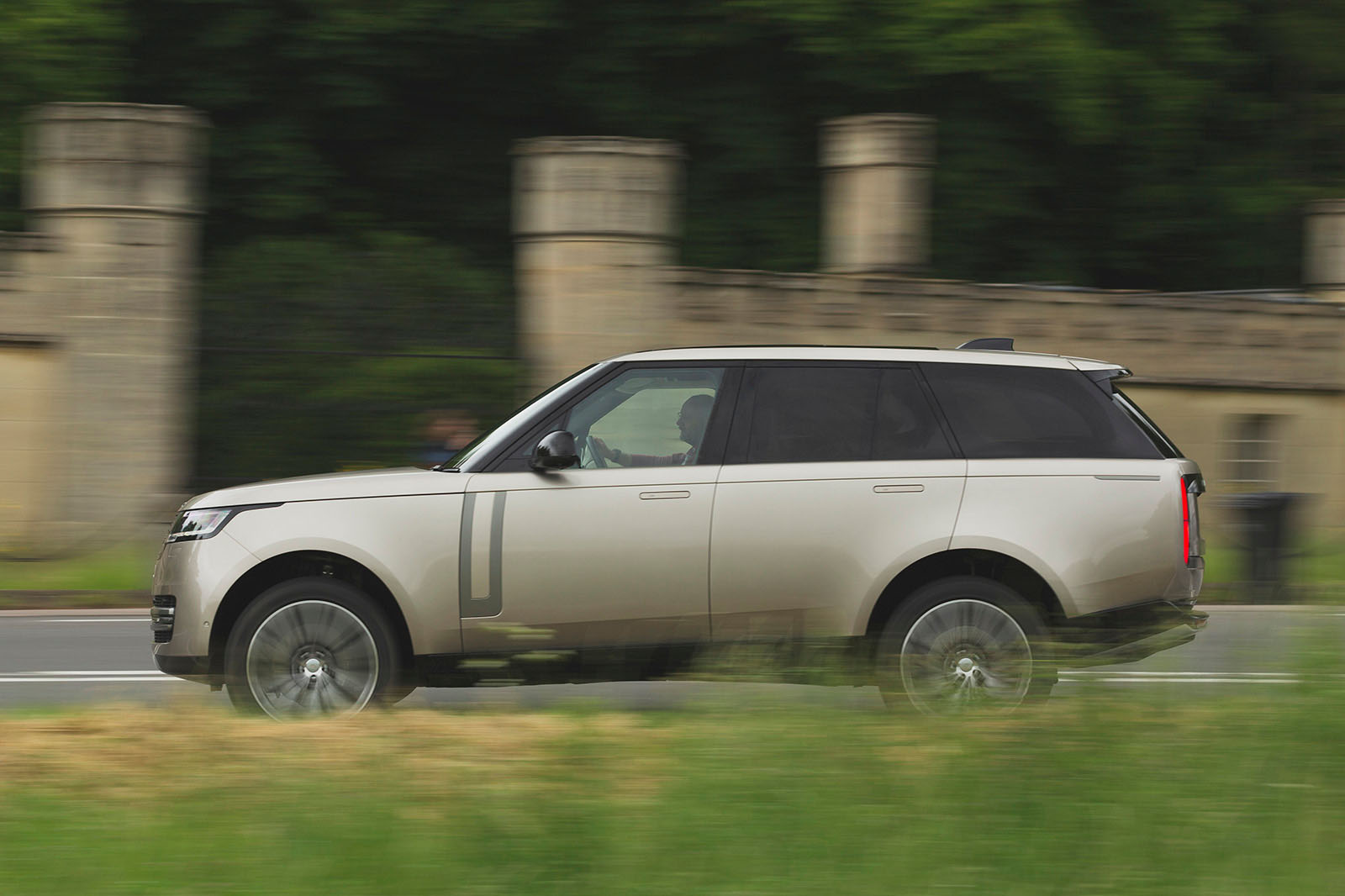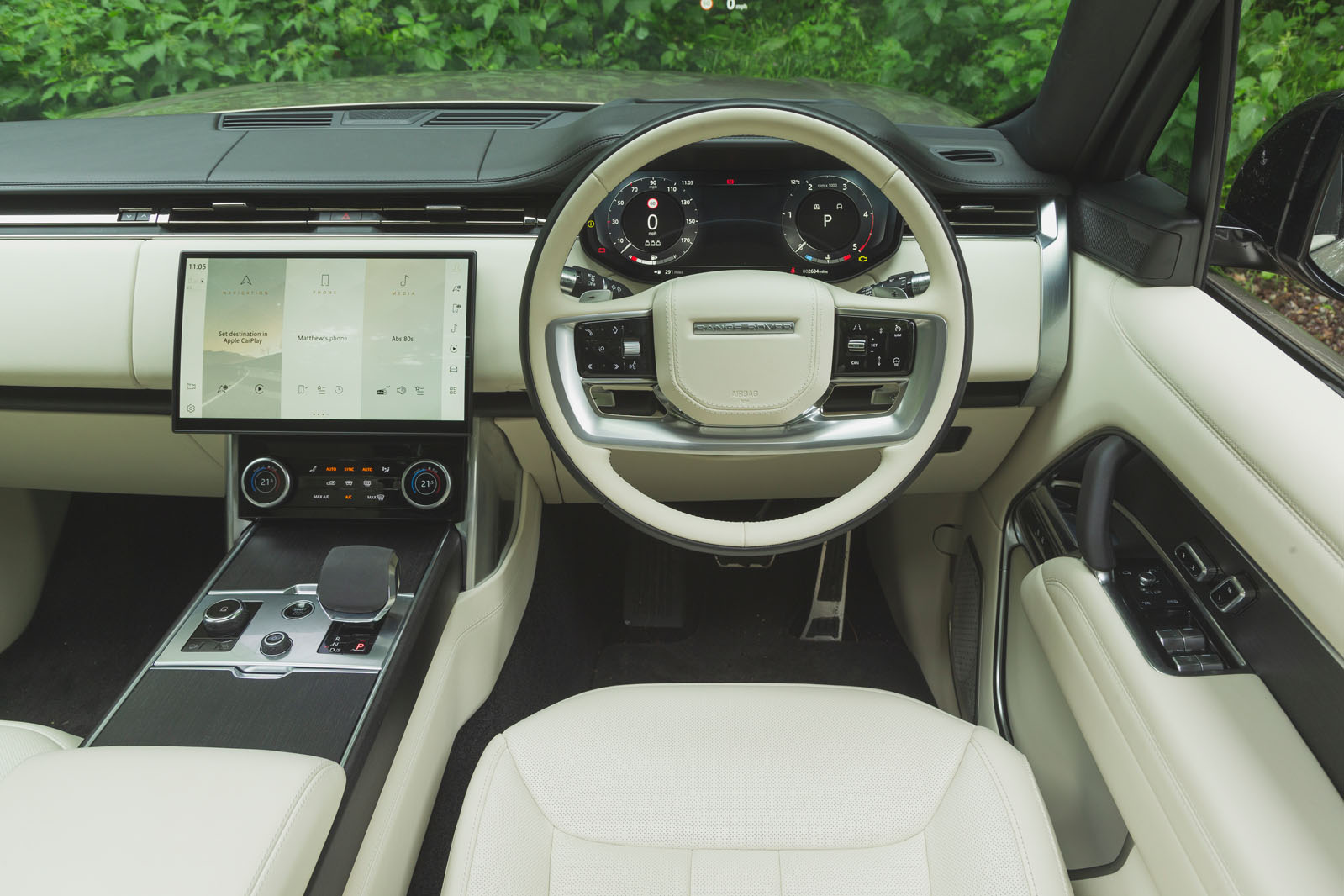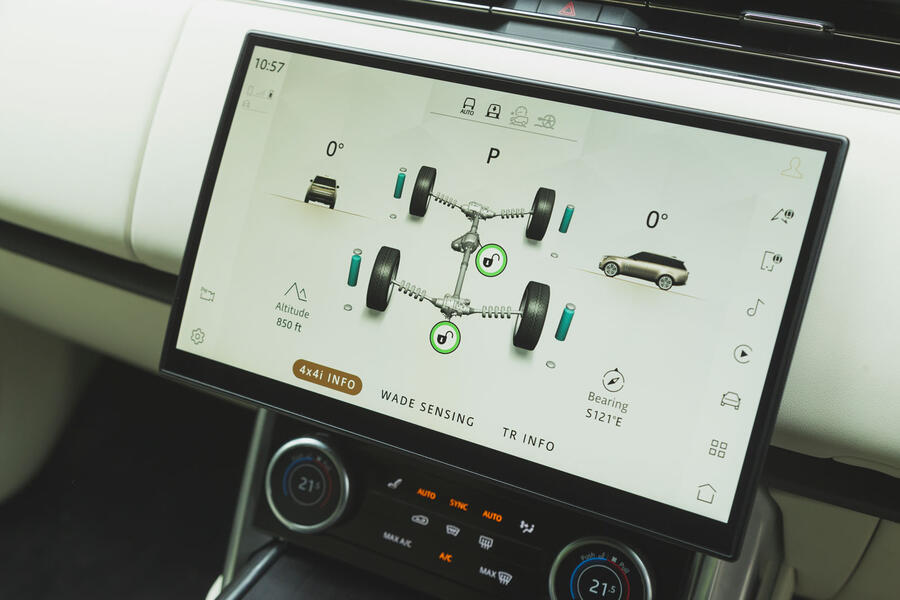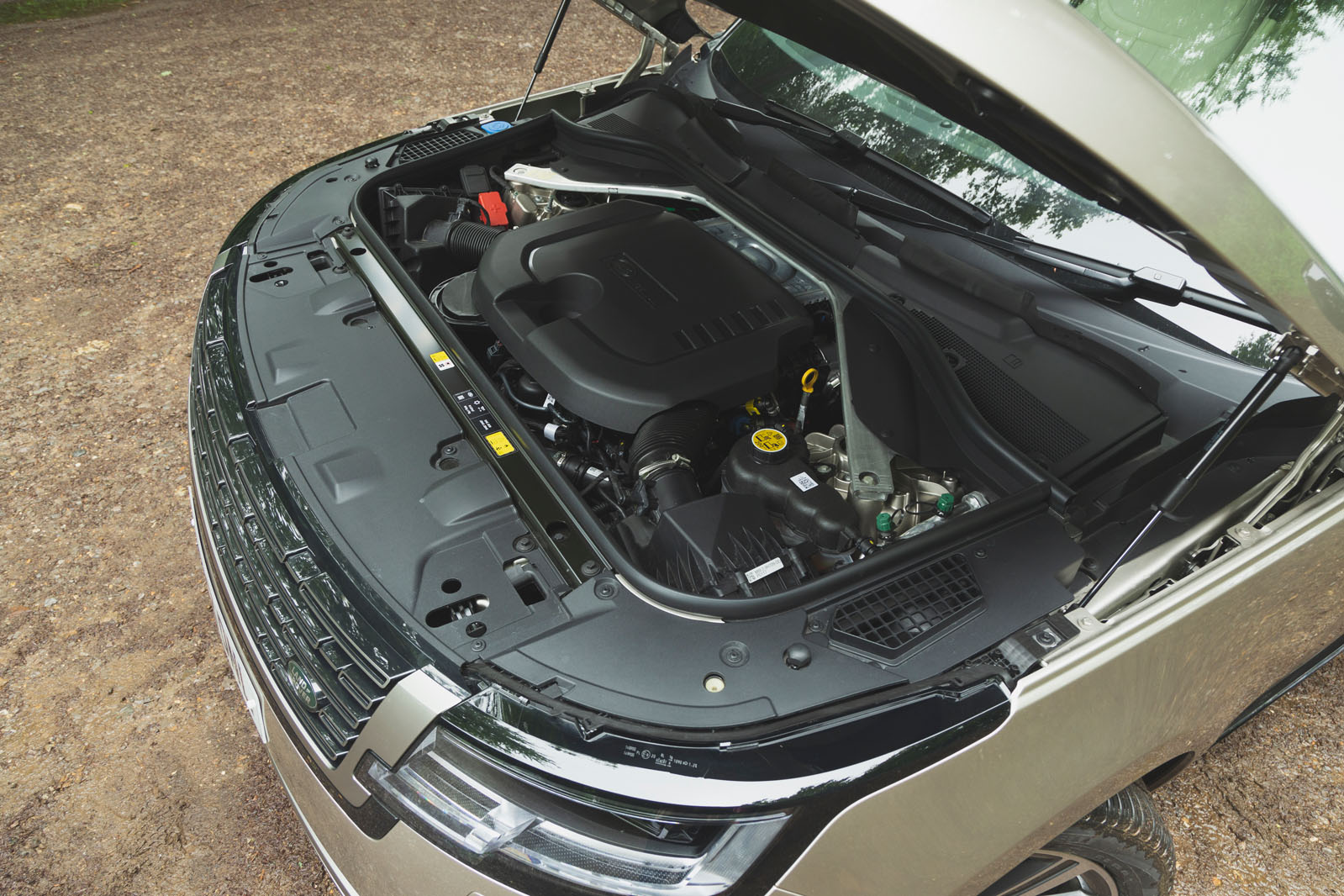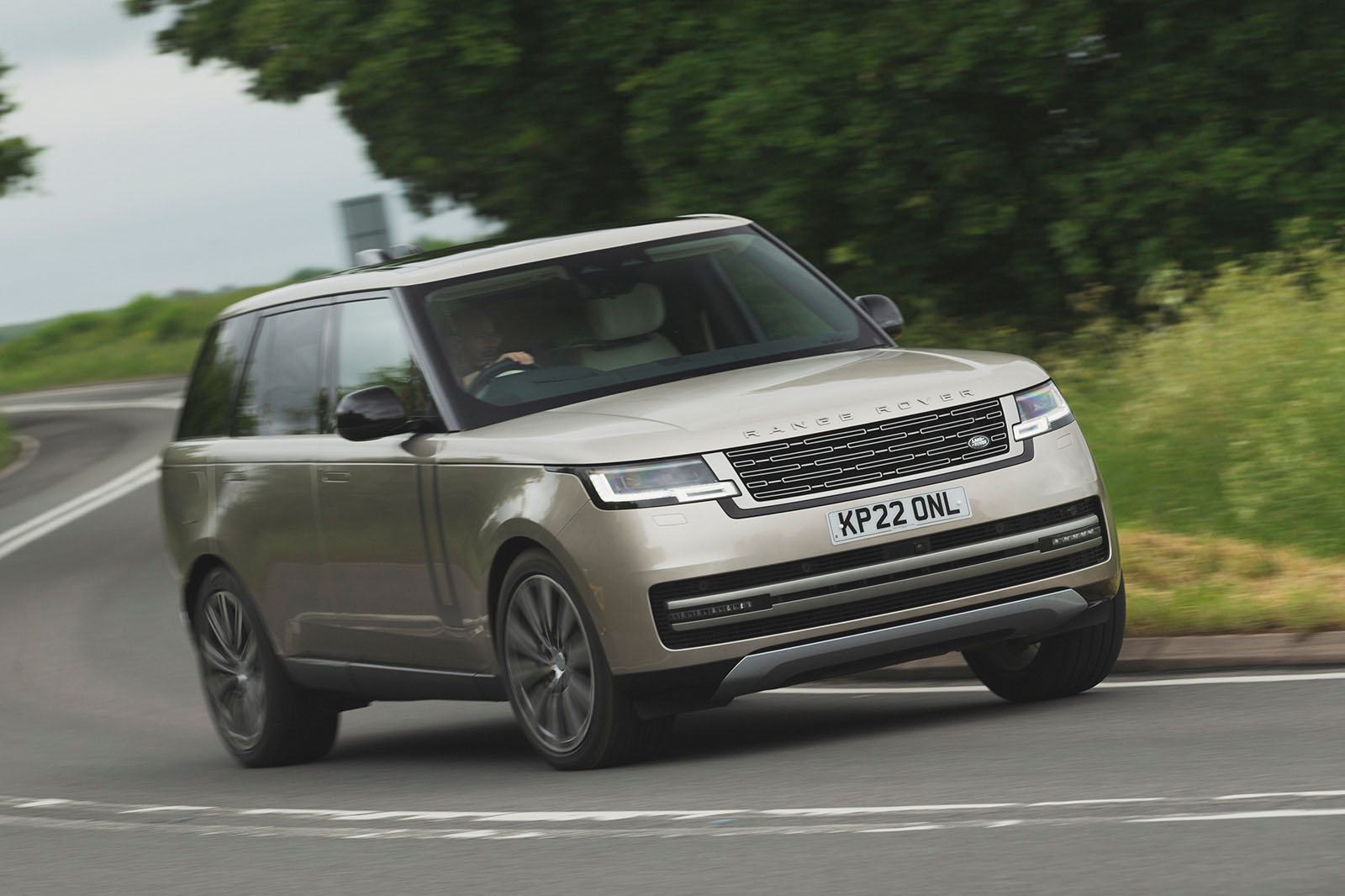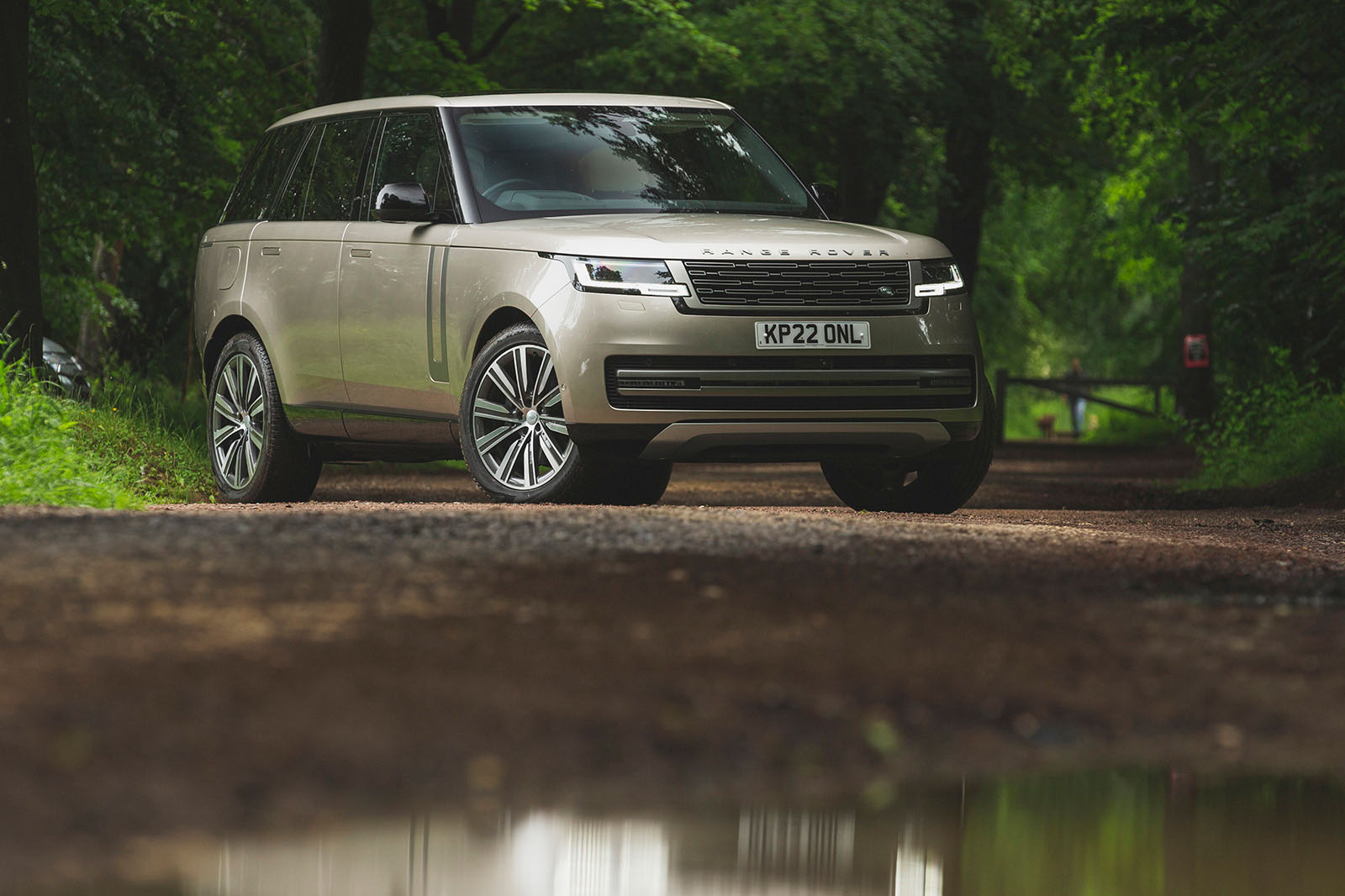For more than 50 years, the Range Rover has simply done what it does: combine the best off-road ability with a plushness – a theme Land Rover pretty much claims it invented. It has, traditionally, been a car you can take anywhere: from checking the fences in the bottom field in the morning, to the market, to a school pick-up, then out for an opera, all in a day.
The questions are whether that is something it still needs to do today and, if so, just how much car does it take to do it? Land Rover sells SUVs in 130 countries and they all have different ways of doing things – and different amounts of space in which to do it. We’re already aware that the Range Rover is a big car, more than five metres long and two metres wide across the body even in its more modest forms.
We use the term modest lightly. There are three bodystyles to choose from, none of which are small. There's the standard wheelbase, long wheelbase and long wheelbase with seven seats.
And one can go much further: the standard wheelbase car gets four trim levels, the long wheelbase two and the long wheelbase with seven seats two more. Plus there are petrol, diesel and plug-in hybrid models to choose from. And that's before you even get into more bespoke Special Vehicle Operations territory. This makes the Range Rover not just a high-end SUV but one that wants to be a luxury car, too.
With such a degree of choice and personalisation, rivals for a Range Rover are slightly hard to pin down. The Mercedes G-Class offers similar levels of off-roading ability with a bit of old-school charm, the BMW X7 is an all-round more sporting affair while the Bentley Bentayga adds a touch more individualism.



